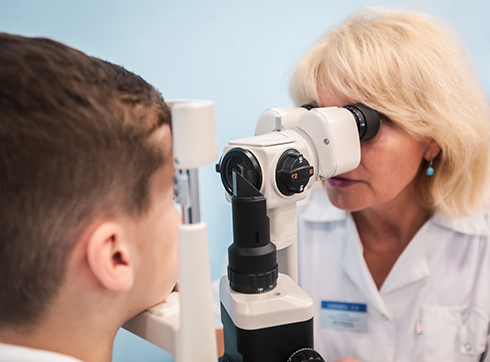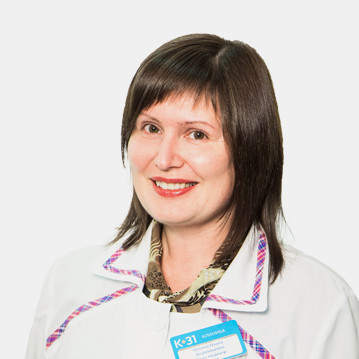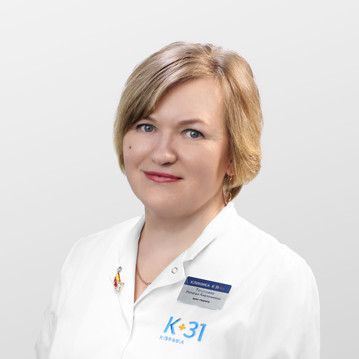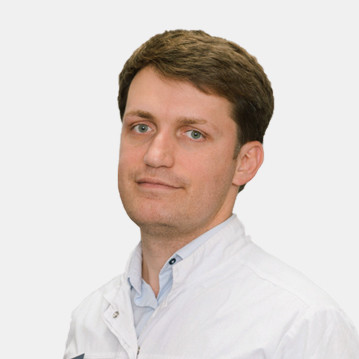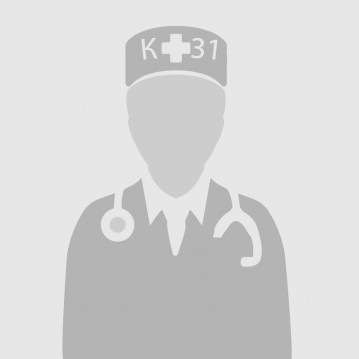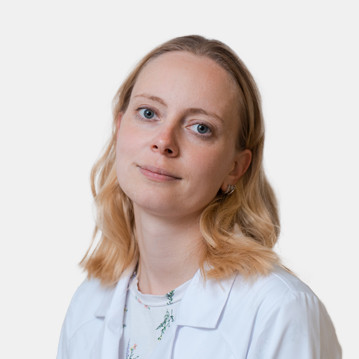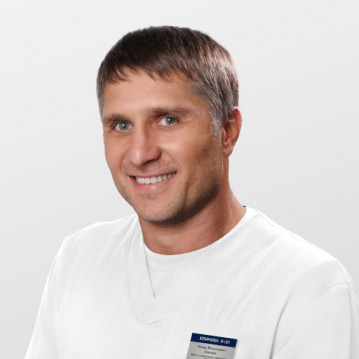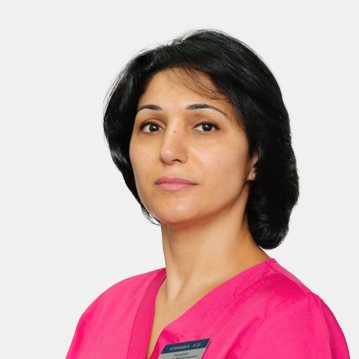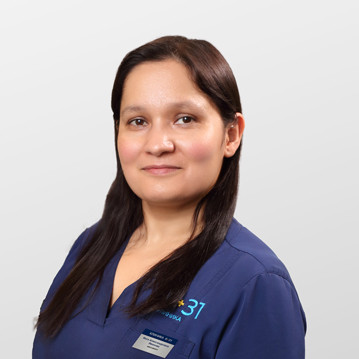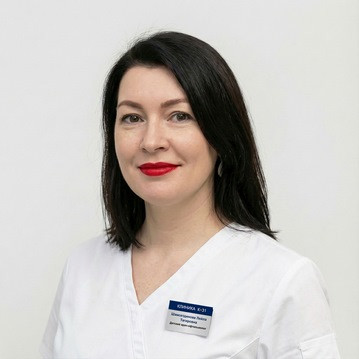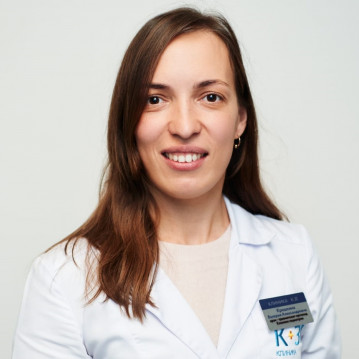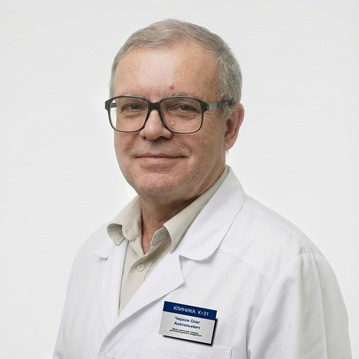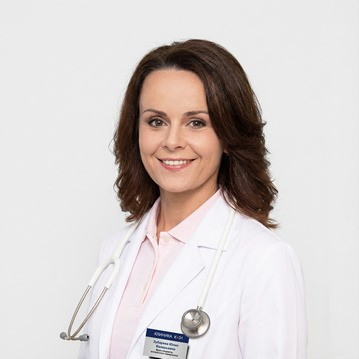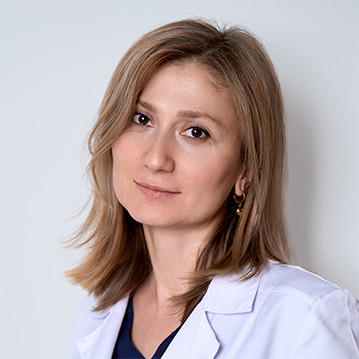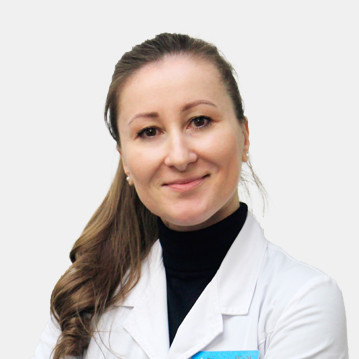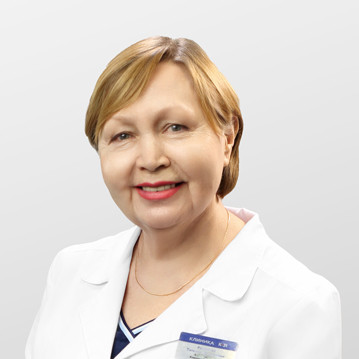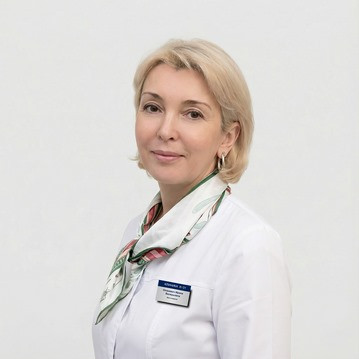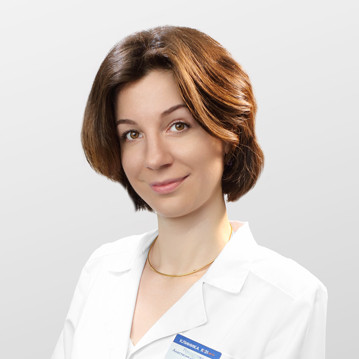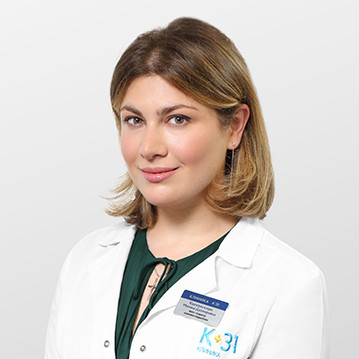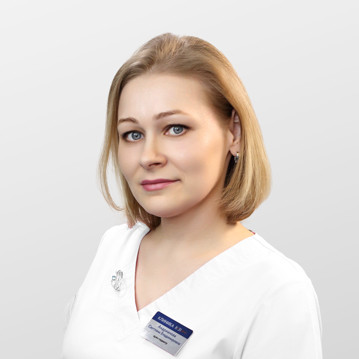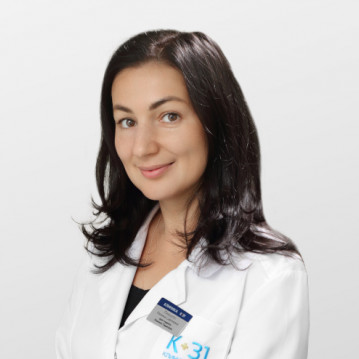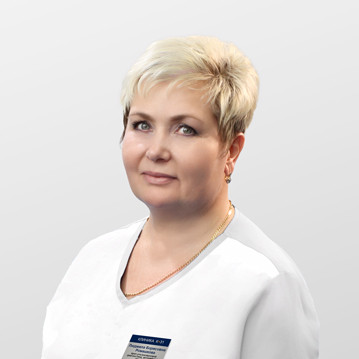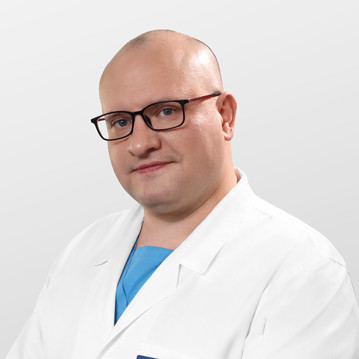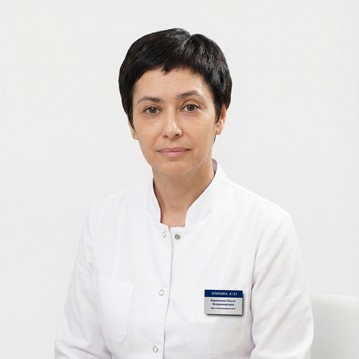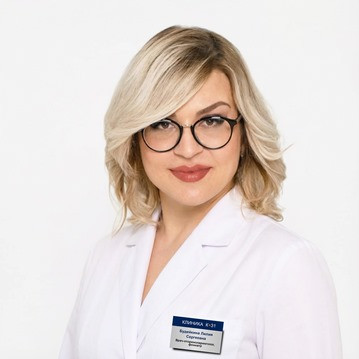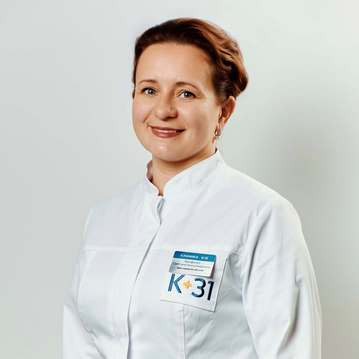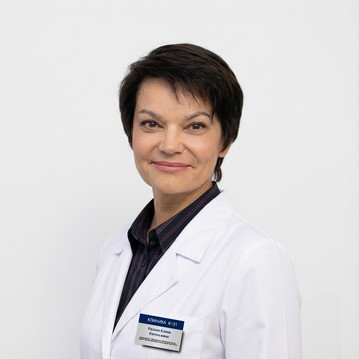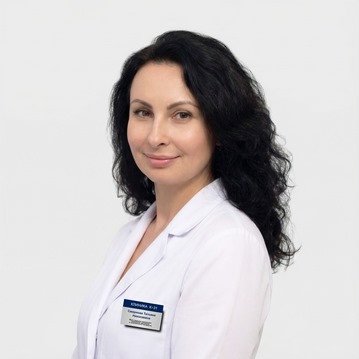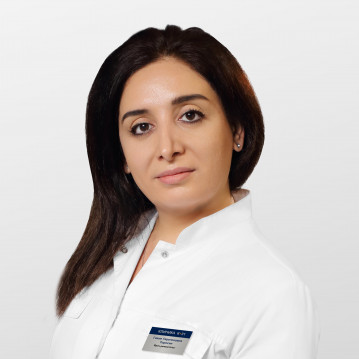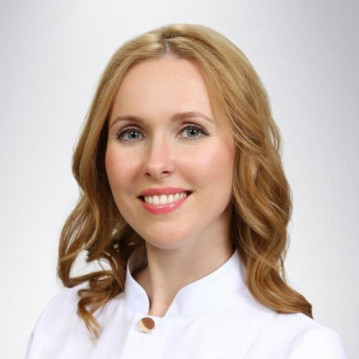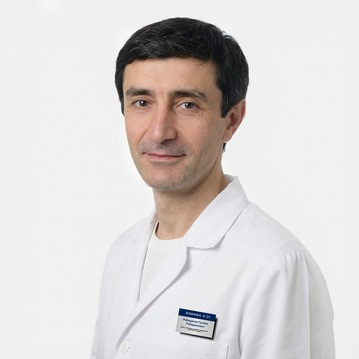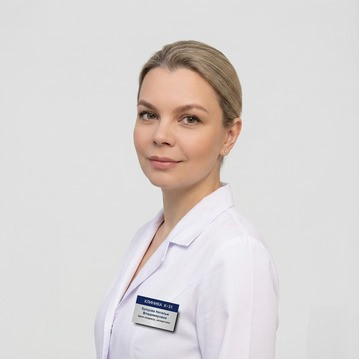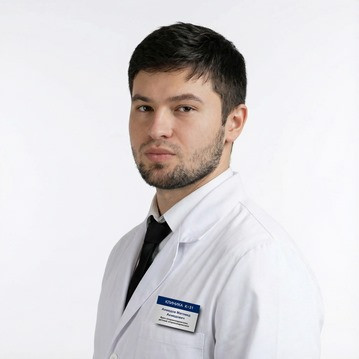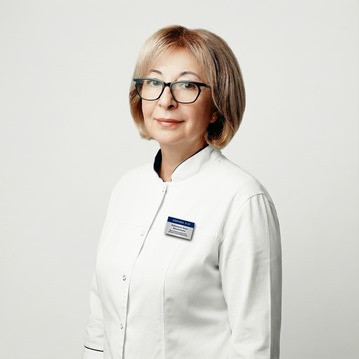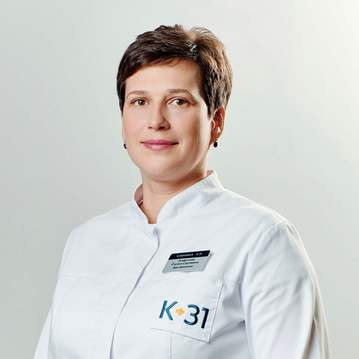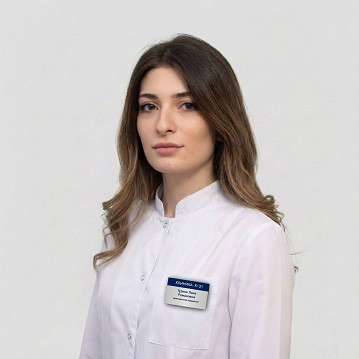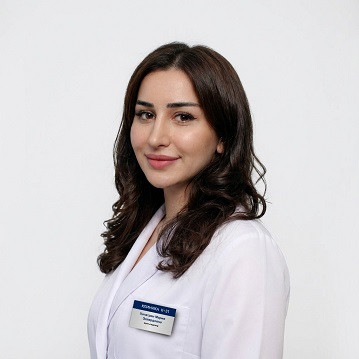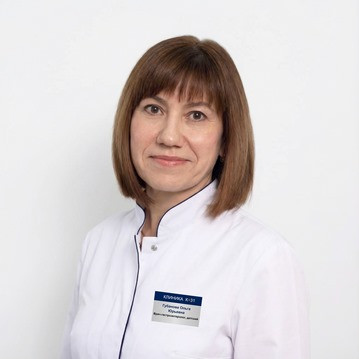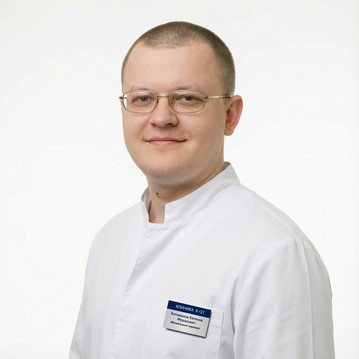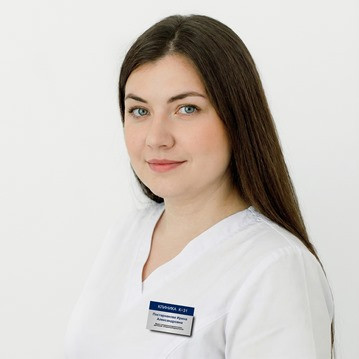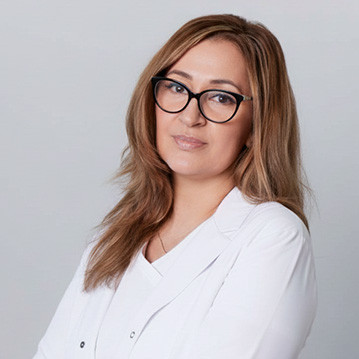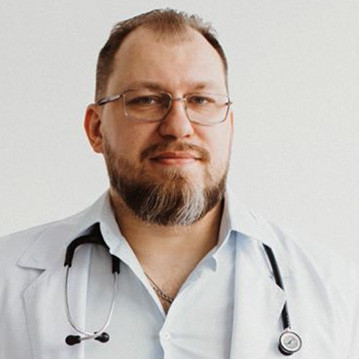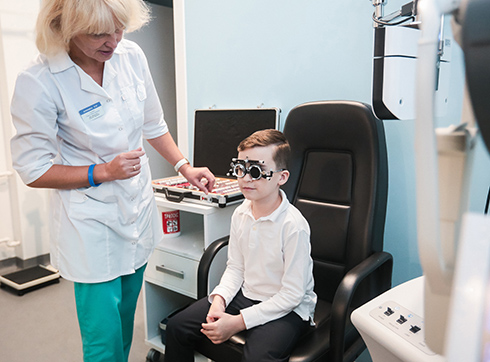
When it is necessary to contact a pediatric ophthalmologist
As the child grows, the load on the eyes is constantly increasing. Starting from school age, this load increases many times over. However, the child most often does not notice the gradual deterioration of vision, moreover, he may not be aware of the presence of a problem, taking it for granted. Such situations are especially typical for children of preschool and primary school age, when the time of conscious life is still very short. In this period, the entire responsibility lies with the parents, whose task is to carefully monitor their child for any changes in his behavior in the learning process or during games that require eye strain:
- Blinking fast.
- Rubbing the eyes.
- Squinting eyes when looking at distant objects.
- Increased lacrimation.
- Reducing the distance to the objects in question.
- Fatigue quickly.
- Lack of perseverance.
The listed signs indicate the presence of visual pathology and, even in the absence of complaints from the child, are a signal that it is necessary to undergo an examination by a pediatric ophthalmologist.
Urgent referral to a pediatric ophthalmologist is indicated:
- When redness occurs in the eye area (eyeballs, eyelids, surrounding tissues).
- When eyelids are swollen or swollen.
- For pain in the eye.
- For fear of bright light.
- In case of visual violation of the symmetry of the location of the pupils.
- In case of external influences on the eye (burns, injuries).
- In case of foreign bodies entering the eye.
The modern standard of living, which includes a variety of different multimedia devices, has significantly increased the risk of occurrence and development of eye diseases in children. Considering this fact, as well as the long-term absence of obvious clinical signs and symptoms of visual pathology, preventive supervision by a pediatric ophthalmologist is indicated from birth. For this, the K+31 Pediatrics Clinic has all the necessary modern ophthalmological equipment, which makes it possible to detect visual disorders at the earliest stage, literally in the first months of a child's life. In the future, observation by a pediatric ophthalmologist is carried out at 6 and 12 months, and then annually.
Ophthalmic examinations
Diagnosing vision in children at any age is a very time-consuming process and requires certain skills from an ophthalmologist. In the K+31 Pediatrics Clinic, the ophthalmologist uses the most modern research methods, which are carried out in a playful way and not only do not scare the child, but, on the contrary, lure him. Thanks to this approach, even minor visual impairments are detected in K + 31, the correction of which does not present great difficulties and does not require complex interventions.
In the children's ophthalmology center of the K + 31 clinic, an ophthalmologist during a preventive examination pays attention to:
- Visual acuity (separately for each eye and separately for different distances).
- Symmetry of the eyeballs during movement and at rest.
- The presence of strabismus, retinal pathology and other diseases.
- Presence of congenital pathology (during initial examinations at K+31).
- The condition of the fundus.
High-tech equipment that is used in Europe, the USA, Japan eliminates the presence of discomfort during diagnostic procedures, which allows you to perform research even in the most capricious and fearful children. Pediatric ophthalmologists at the K+31 clinic are proficient in modern computer programs, where, based on mathematical algorithms, the degree of visual impairment is determined and treatment methods are selected.
Vision correction at K+31 pediatric clinic
Thanks to his extensive experience, as well as the use of modern diagnostic equipment and software in his practice, the pediatric ophthalmologist of the K + 31 clinic offers his little patients individual methods of vision correction, ideally suited to each specific situation.
Together with the doctor, parents and the child will choose glasses or lenses.
It is important to regularly monitor the child's vision and, if necessary, make adjustments to the treatment of the disease.
At the K+31 Pediatrics Clinic, an ophthalmologist conducts interviews with parents, during which he talks about the principles of preventing vision pathology in children, the need for and methods of monitoring a child's vision, as well as the optimal frequency of examination by an ophthalmologist. The doctor is ready to answer all questions.
Hardware vision treatment
In the Department of Pediatrics K + 31 there is an eye protection room, which is equipped with devices for vision correction:
- Treatment on the ophthalmic simulator "Visotronic". Helps eliminate myopia, spasm of accommodation. Effectively relieves fatigue during visual overload (work on a computer or other work that requires a long eye strain). Used in the treatment of both children and adults.
- Hardware treatment on the laser correction device IK "Makdel". Serves for the treatment and prevention of a number of diseases: myopia, amblyopia, strabismus, visual fatigue, accelerates recovery after corneal corrective surgery.
- Hardware treatment on the AMBO-01 device. Provides a massage effect thanks to special glasses. Improves accommodation, stops the progression of myopia. Helps in the treatment of dystrophic changes in the optic nerve and retina. Has a cosmetic effect.
- Hardware treatment on the SPECL-M device. Indicated for the correction of amblyopia, restoration of the transparency of optical media.
- Hardware treatment on the ESOM device. Thanks to electrical stimulation of the retina, it restores the activity of all parts of the visual analyzer. Effective against so many eye diseases.
- Hardware treatment on the Forbis device. Helps to cope with strabismus and accommodation disorders.
- Hardware diagnostics of the angle of strabismus on the device "Synoptofor". Anomalies of stereoscopy, combination and fusion are detected, which makes it possible to identify scotoma, strabismus and prerequisites for its development at the earliest stages.
- Hardware treatment on the Synoptofor device. Therapeutic orthoptic exercises restore symmetry and stabilize binocular vision in strabismus.
- Computer treatment for eye diseases.
In our clinic, an ophthalmologist's consultation service is available online or a pediatric ophthalmologist's house call is available. This will save the parents time and ask clarifying questions about the child's condition. A comprehensive examination is carried out at the doctor's appointment in the children's ophthalmology center.
The pediatric ophthalmologist on duty will provide emergency assistance to the child in case of contact with the eye of small objects or trauma to the cornea. The emergency help of an ophthalmologist in Moscow is taking care of our little patients.
An appointment with the on-duty pediatric ophthalmologist or your doctor at the K+31 clinic in Moscow is available by phone number or using the online form on the website. Here you can find reviews about the work of Dr.
